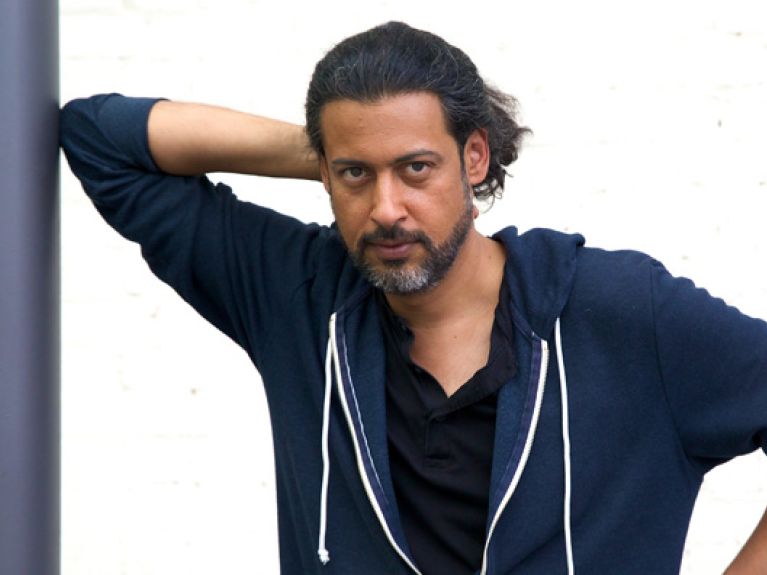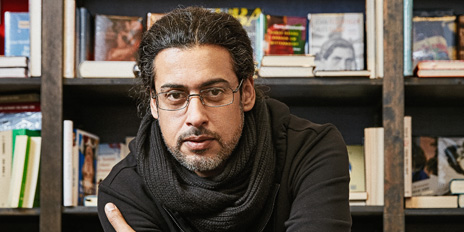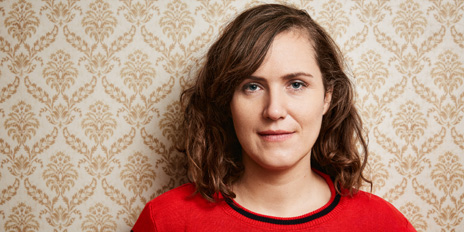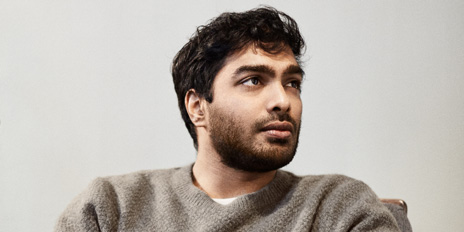Many voices, one language
Only authors who do not come from Germany, but write in German can win the Chamisso Prize. Now it is being awarded for the last time.

Germany. An era is coming to an end. The Adelbert von Chamisso Prizes will be awarded for the last time on 9 March 2017. They are special prizes, because they can only be won by authors of non-German origin who write in German. Since 1985, the Robert Bosch Foundation has honoured 78 authors from more than 20 countries. The range of works by these very different prize-winners shows both the diversity and the many facets of society and contemporary literature in Germany: from the first generation of guest workers and their children and grandchildren, to exiled authors from eastern Europe and ethnic German repatriates, to people in more recent times who have fled to Germany from Africa and the Arab countries.
There was – and still is – a lot of controversy in the German media about the abolition of the prize. Many deplored the irreplaceable loss of this influential integration project. But few of them considered the fact that foundations are free to rethink and redefine their priorities. The Foundation itself justifies its decision with the fact that the Prize "has fully met its initial objectives: today, authors with a migration history can on principle win any literature prize that exists in Germany."
The Adelbert von Chamisso Prizes will be awarded on 9 March 2017 for the last time to three authors whose works are characterized by a cultural change. The jury has once again shown great sensitivity with its decision.
The winners of the 2017 Adelbert von Chamisso Prize

Abbas Khider, darling of the feature pages
The main prize worth €15,000 goes to Iraqi-born Abbas Khider, by no means an unknown and a real favourite of the feature pages of German newspapers. Khider has written four autobiographically-based novels describing typical stages of a refugee's flight – beginning with an escape from Saddam Hussein's prisons to the agonizing wait on the shores of the Mediterranean, to the risky crossing to Italy and humiliations at the hands of the asylum bureaucracy (Die Ohrfeige, 'A Slap in the Face', 2016) – much-read, award-winning books that have also taken him on reading tours and residencies around the world at the invitation of the Goethe-Institut. He already won the Adelbert von Chamisso Promotional Prize in 2010. The author was born in Baghdad in 1973 and came to Germany in 2000. He has been a German citizen since 2007 and has definitely arrived on the German literary scene.

Barbi Marković, the 'super heroine'
Barbi Marković, born in Belgrade in 1980 is (still) a discovery. Her début novel Ausgehen ('Going Out', 2006) is set in the 'party capital' Belgrade, which was then an insider tip among young people from all over Europe. In the text Graz Alexanderplatz (2012), which was written during a scholarship in Austria, she recreates the city of Graz from words in a collage of materials full of local peculiarities that she collected in the city. Now living in Vienna, Ms Marković has written Superheldinnen ('Super Heroines'), a book about young women from Serbia who seek their fortunes in Austria and, although many of their expectations are disappointed, manage to make the best of things in life and get back on track over and over again. In 2017, Barbi Marković will be awarded the Adelbert von Chamisso Promotional Prize, worth €7,500.

Senthuran Varatharajah, the thoughtful one
The winner of the second Adelbert von Chamisso Promotional Prize, Senthuran Varatharajah, was also discovered in Austria: in 2015 at the Ingeborg Bachmann Competition in Klagenfurt, where he was awarded the 3sat Prize for a chapter from the novel Von der Zunahme der Zeichen ('On the Growing Number of Signs'). His text was praised as a "sensitive, linguistically masterly sign theory of asylum"; one of the judges said it sounded as though Varatharajah had learned German from Hegel on a desert island – so beautiful, poetic and thoughtful was his language. Born in Sri Lanka in 1984 and now living in Berlin, the author came to Germany as a child with his family and studied philosophy, theology and cultural science in Marburg, Berlin and London. In his novel, two students, both of whom have escaped civil wars, hold a Facebook dialogue. Valmira Surroi, a refugee from Kosovo, and the Tamil Senthul Vasuthevan, share their family traditions, impressions of ever-new environments, and the contradictions between their origins and aspirations. A kind of epistolary novel catapulted into the present.
More on the Adelbert von Chamisso Prize
More on Adelbert von Chamisso
© www.deutschland.de

